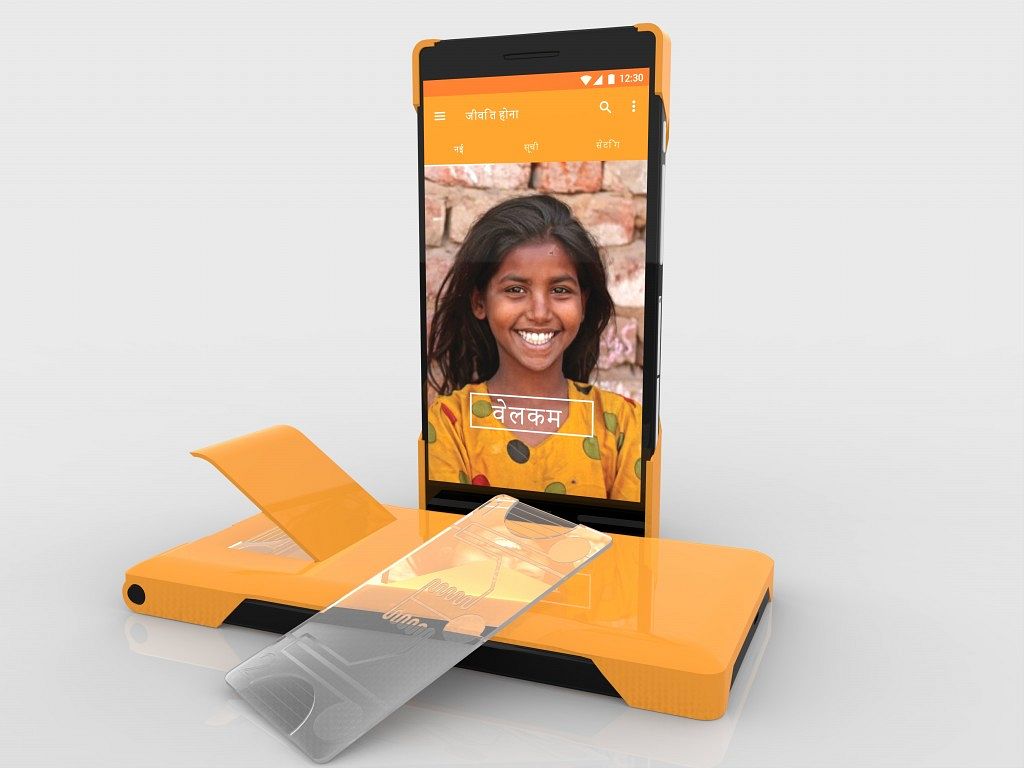TU Delft IDE undergraduate student Leroy Huikeshoven has used 3D printing technology to bring a research paper to life. As part of a student competition Huikeshoven took the design for a 3D printed technology which can diagnose malaria, and turned it into a consumer product.
The design called Vasu, meaning bright in Hindi, is a smart-phone case and app which can diagnose 2 types of malaria in patients by examining blood-samples collected with specially printed disposable microchips. The technology can also be used to quantify the amount of malaria parasites in a patient, facilitating quick and accurate treatment and differentiating it from most similar technologies, which can only affirm the presence of the disease.
The original technology was designed with India mind, however it would likely be effective in many other countries with high levels of malaria. The on the spot diagnosis would make it accessible and cheaper than the traditional laboratory tests. Cheap solutions like this are becoming plausible, according to Huikeshoven, due to advancing smartphone technology. With an ever-increasing number of megapixels and high-quality lenses, phones are now able to do these kinds of diagnostics. In addition to Malaria the technology Vasu is based on has the potential to diagnose other diseases.
Vasu was designed for Luxexcel’s Innovative Application Student Award 2015, as part of Huikeshoven’s final bachelor’s project. He told Delta that he was inspired by research already being done, and that the inner-workings and mechanics of the product were not his own. However using transparent 3D printing technology he took inspiration from the paper, and turned it into a consumer product. Although he has no particular background in medical design, Huikeshoven spoke of his aim to become an entrepreneur and hopes that this design could help him along this path, adding that “Well, everybody wants to change the world, and I want to do that as well.”
Talking about the reception that his take on the malaria diagnosing smartphone app has already received, Huikeshoven told Delta “it is nice to get some recognition for the work you have done, especially for me… it is reassuring I can actually be a Dutch student and industrial designer.” There are a number of other interesting TU Delft student designs in the competition, showcasing everything from a virtual reality headset to an invisible sleep-apnoea brace. Voting closes July 20.



Comments are closed.